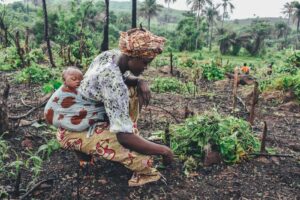Database descriptions, statistical standards (resolutions and guidelines), and guides and manuals – all the metadata to better understand the labour statistics presented on ILOSTAT.

New standards, increased visibility: improving measurement of the informal economy
New statistical standards will improve the measurement of the informal economy, providing more useful and complete data to address informality through targeted policies.

International Day of Rural Women: The unfinished quest for decent work for all
Challenges to decent work are different in rural and urban areas, but women in rural areas face additional hurdles to access decent work. Higher labour force participation in rural areas in the developing world and widespread decent work deficits of rural jobs reveal the need to promote healthy rural labour markets for everyone.

Education pays off, but you have to be patient
The pandemic is making us rethink and re-organize education. Workers with higher educational attainment may expect to be able to find a job (and a quality job, for that matter) as soon as they become available. But is that so?

International Day of Families: How marital status shapes labour market outcomes
Married life still has a gendered effect on women and men’s labour market outcomes, including their labour force participation, the type of jobs they hold and the forms of labour underutilization they are exposed to.

COVID-19 and the new meaning of safety and health at work
In the context of the COVID-19 pandemic, occupational safety and health takes on even greater importance. It is a core aspect of decent work, and as such, it should be universally guaranteed. Yet, too many work accidents still take place every year. Work accidents have a significant human, social and economic cost, which we should strive to eliminate by ensuring that all workplaces are safe and healthy.

Having kids sets back women’s labour force participation more so than getting married
Around the world, gendered social norms continue to shape women’s and men’s participation in the labour market, new data by household composition show.

258 million workers in the world are over-educated for their jobs
More than 935 million workers in the world have jobs that don’t match their educational level: 72% of them (677 million) are under-educated for their jobs, while the remaining 28% (258 million) are over-educated. This new data in ILOSTAT covers 114 countries, which means that the actual global figures are probably much higher.

Can we achieve decent work for all by 2030?
The ILO Department of Statistics has just fulfilled its SDG reporting duties for 2020. What the data show is not encouraging: at this pace, we won’t achieve decent work for all by 2030.

Measuring job quality: difficult but necessary
The quality of our job determines to a great extent our well-being and life quality, but measuring it requires taking into account numerous aspects of our working conditions.

100 statistics on the ILO and the labour market to celebrate the ILO centenary
100 years of the ILO also means 100 years of ILO’s labour statistics to support the work of countries and organizations around the world in improving labour markets, and of course, to inform its own work. Celebrating the ILO centenary is also celebrating progress in labour statistics.






